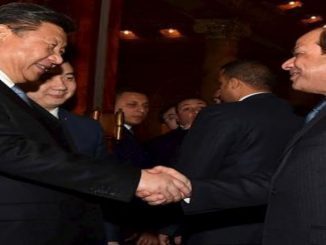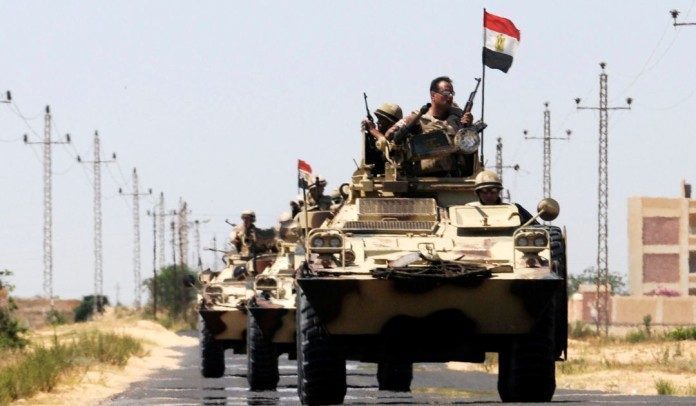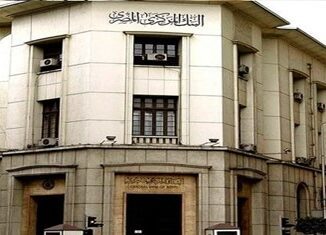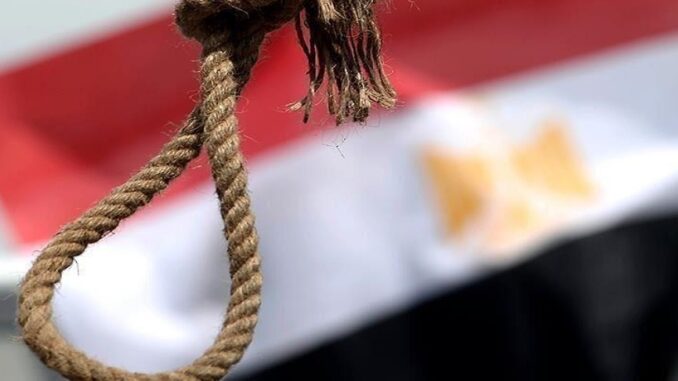
Egypt’s Court of Cassation on Monday upheld death sentences for 12 Muslim Brotherhood members, concluding a trial linked to a 2013 mass killing by security forces of President Morsi supporters at Raba’a sit-in, while culprits of the Raba’a massacre are still free.
The ruling, which includes two senior Brotherhood leaders, effectively ends a case which started with over 600 defendants in the aftermath of the military’s 2013 overthrow of Egypt’s first-democratically elected President Mohamed Morsi.
Before Morsi’s ouster on 4 July by a military coup, his supporters staged massive sit-ins at Raba’a Al-Adawiya Square in eastern Cairo and Al-Nahda Square in Giza to back him against harbingers of an eminent coup d’etat.
About a month after the military coup, security forces raided the two squares and killed more than 1,000 peaceful protesters in a single day.
Authorities alleged at the time that protesters were armed which was proved groundless as the security forces’ massacre against pro-Morsi peaceful protesters was committed on air, where everyone could see the atrocities.
The Raba’a massacre marked the start of a long crackdown against both Islamists and the secular opposition in Egypt.
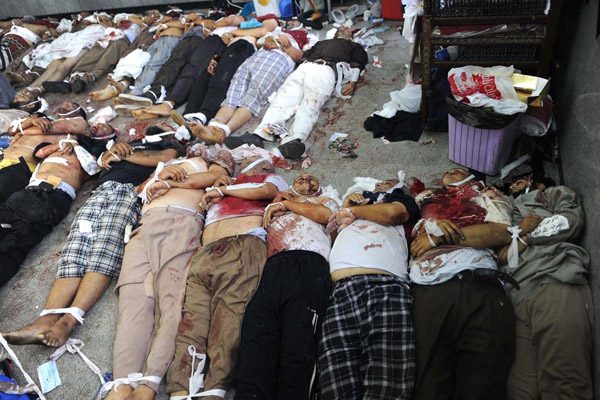
Those condemned to death on Monday were unfairly tried based on trumped-up charges, including practice of violence, while everyone knows they are innocents that were exposed to unfair trials with politicized charges.
Those condemned include senior Brotherhood figures Mohamed al-Beltagy and Safwat Hegazy, the judicial source said, adding that the rulings are final and cannot be appealed.
The court also reduced sentences for 31 other Brotherhood members, the official told AFP.
In 2018, an Egyptian court sentenced 75 defendants in the trial to death and the rest to varying jail sentences, including 10 years for Morsi’s son Osama.
Civilians condemned to death in Egypt are executed by hanging.
The Muslim Brotherhood, founded in Egypt in 1928, calls for Islam to be at the heart of public life.
It established itself as the main opposition movement in Egypt despite decades of repression, and has inspired spinoff movements and political parties across the Muslim world.
But it remains banned in several countries including Egypt for its alleged links to terrorism.
Morsi was elected following Egypt’s 2011 January Revolution and ouster of veteran autocrat Hosni Mubarak, but was toppled by the army led by General Abdel Fattah al-Sisi, then defense minister.
Sisi’s government outlawed the Brotherhood in late 2013 and has overseen a wide-ranging crackdown, jailing thousands of its supporters.
Sarah Leah Whitson, Executive Director of DAWN and former director of the Middle East and North Africa division of Human Rights Watch, commented saying on Twitter: Beyond grotesque, as Egypt sham trial upholds death penalty for 12 protesters tied to Muslim Brotherhood, life in prison for 31, in mass prosecution of 600 protesters at Raba’a Square. Actual culprits of 1000+ slaughtered by security forces remain free.
Khalil al-Anani, a political science professor at the Doha Institute who wrote a book on the Brotherhood, tweeted describing Monday’s verdict as part of the government’s “continued political revenge… against its political opponents”.
Human Rights Watch has labelled the violent dispersal of the Raba’a sit-in a “massacre” and one of “the world’s largest killings of demonstrators in a single day in recent history”.
No Egyptian official has been tried over the killings.
In April, Egypt executed at least nine people over the 2013 storming of a police station in which 13 policemen were killed.
Amnesty International has lambasted a “significant spike” in recorded executions in Egypt, from 32 in 2019 to 107 last year.
“Egyptian authorities have displayed a ruthless determination to persist with their escalating use of the death penalty,” the rights group said in April.

